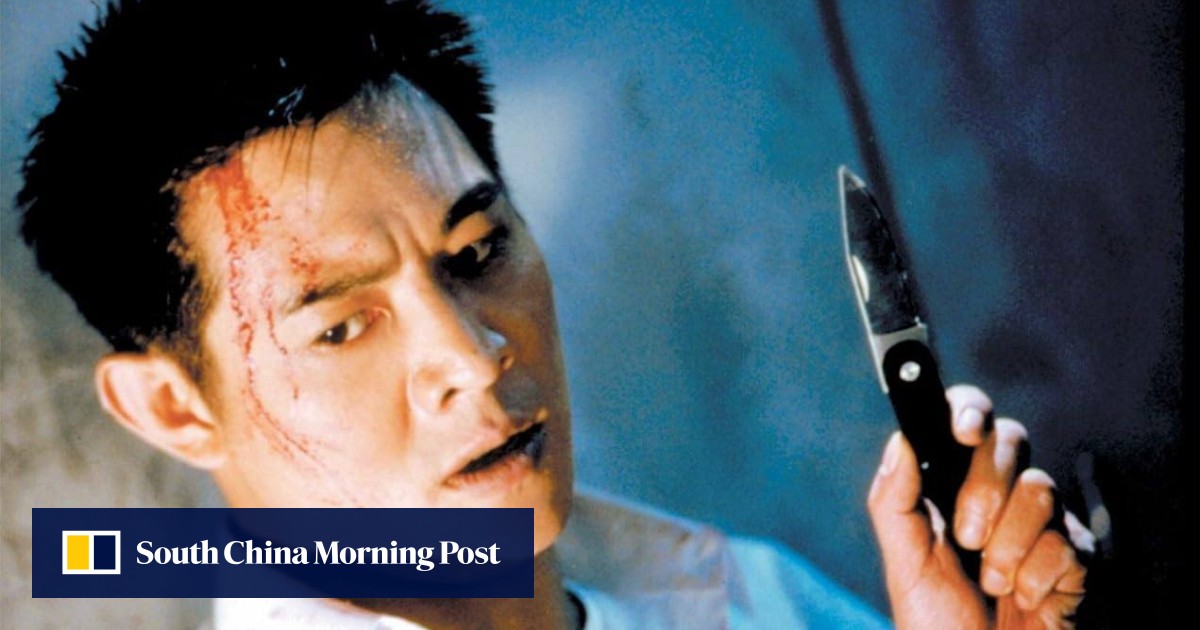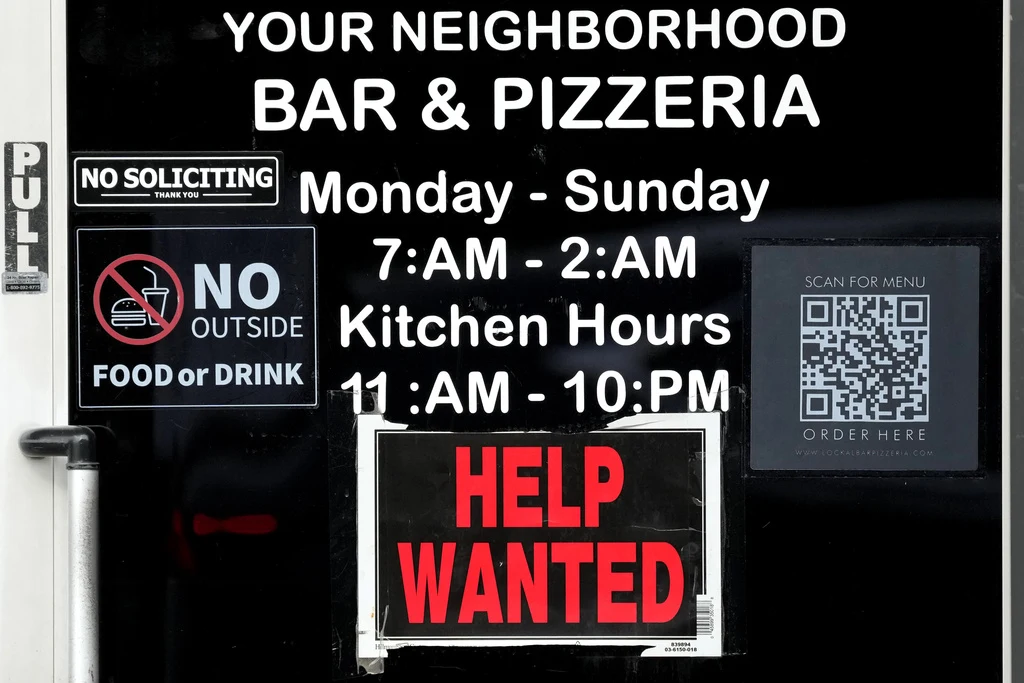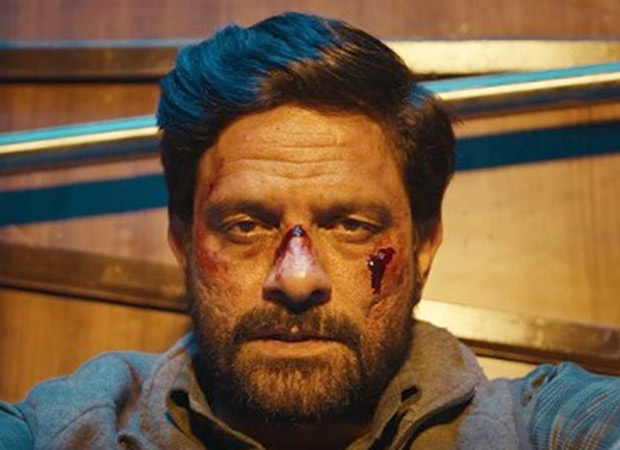Why Ann Hui’s debut feature The Secret was such an important Hong Kong film
Why Ann Hui’s debut feature The Secret was such an important Hong Kong film
Below we look at three of Li’s contemporary action films from the 1990s.
1. High Risk (1995)
Jacky Cheung Hok-yau plays martial arts movie star Frankie Lone, who’s well past his prime. Although Frankie claims to do his own stunts, he really uses stunt doubles, and spends most of his time womanising and lounging around.
The film apparently made Jackie Chan furious, and Li later apologised for his part in it. It is, however, very funny, with Cheung providing the comedy and Li playing it straight as a former soldier who does Frankie’s stunts for him.
The film is “one of the more hilarious hybrid action-comedies to come out of the factory headed by that one-man filmmaking dynamo, Wong Jing”, said the Post review. “The producer-director-writer liberally ‘borrows’ plot elements from Speed and Die Hard, and combines them with some boisterous jibes at Hong Kong’s number-one superstar, Jackie Chan.”
2. Black Mask (1996)
This superhero-style movie, which is based on a popular Hong Kong comic book, was intended to be the start of a franchise for Jet Li.
Tsui did not direct, handing directing duties over to Daniel Lee Yan-kong, who was mainly known as a scriptwriter and art director. Tsui usually lorded it over his directors, but he seems to have been hands-off here, as the direction is plain and straightforward.
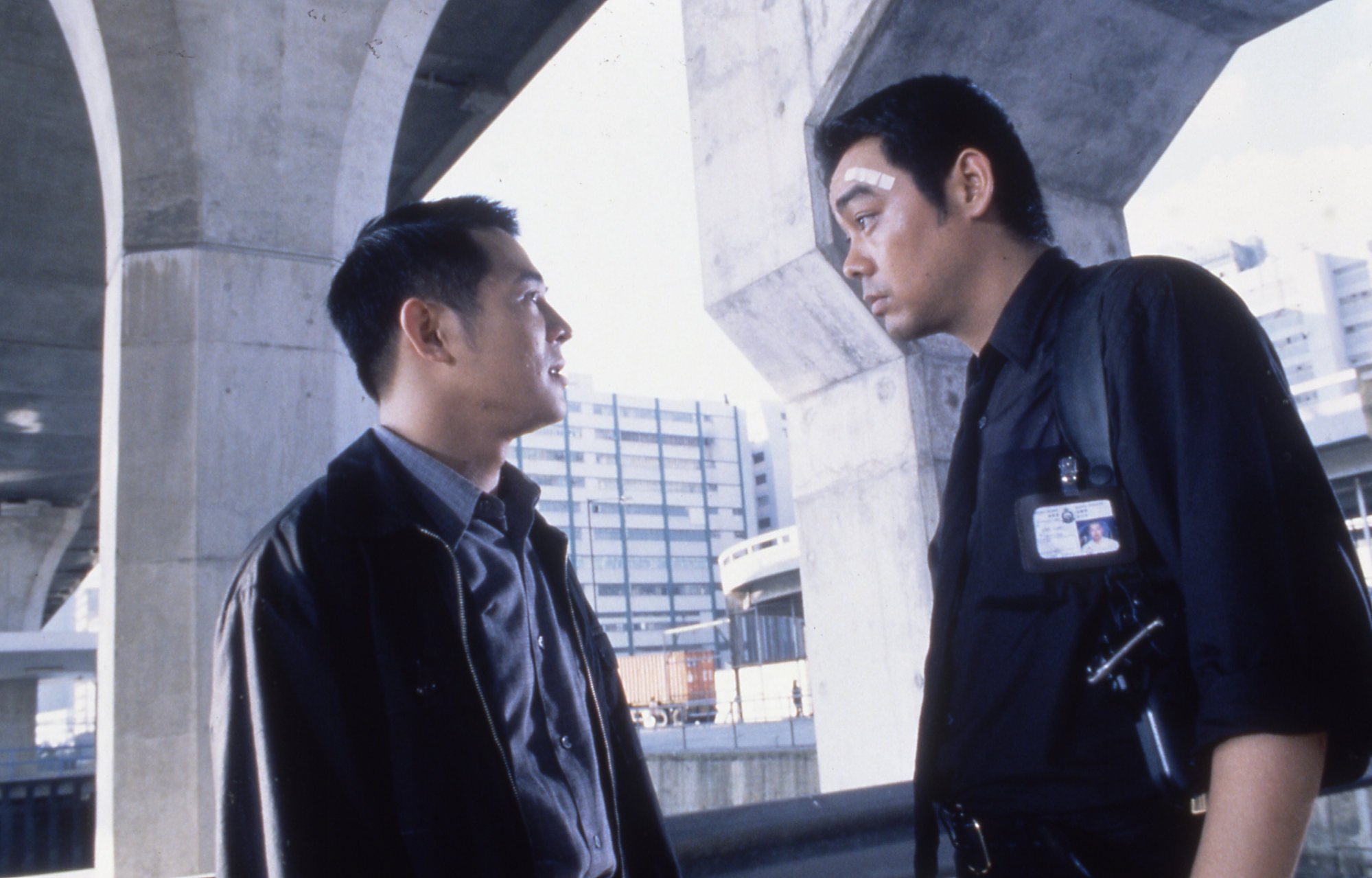
The story is based in sci-fi, with Li having been a member of an elite team of killers who had been chemically altered so they can’t feel pain. When the team is disbanded by the military, they go on the run, with Li hiding out as a meek-and-mild librarian, intent on becoming fully human again.
“As visually arresting as it is mentally numbing, Black Mask is a live-action comic book whose technical sophistication is undermined by an incredibly juvenile script,” wrote Post critic Paul Fonoroff.
What Jet Li really said about making kung fu films
What Jet Li really said about making kung fu films
“The movie is typical of producer Tsui Hark’s lesser works, with huge chunks of money thrown away on sometimes brilliant special effects when what the picture cries out for is a modicum of humour and wit, not to mention a plot line with freshness and coherence,” he went on.
“There are some ingenious massacre sequences, such as one in which gangsters are trapped by acid-spewing sprinklers and then subjected to an exploding car dumped on them from above,” said the Post.
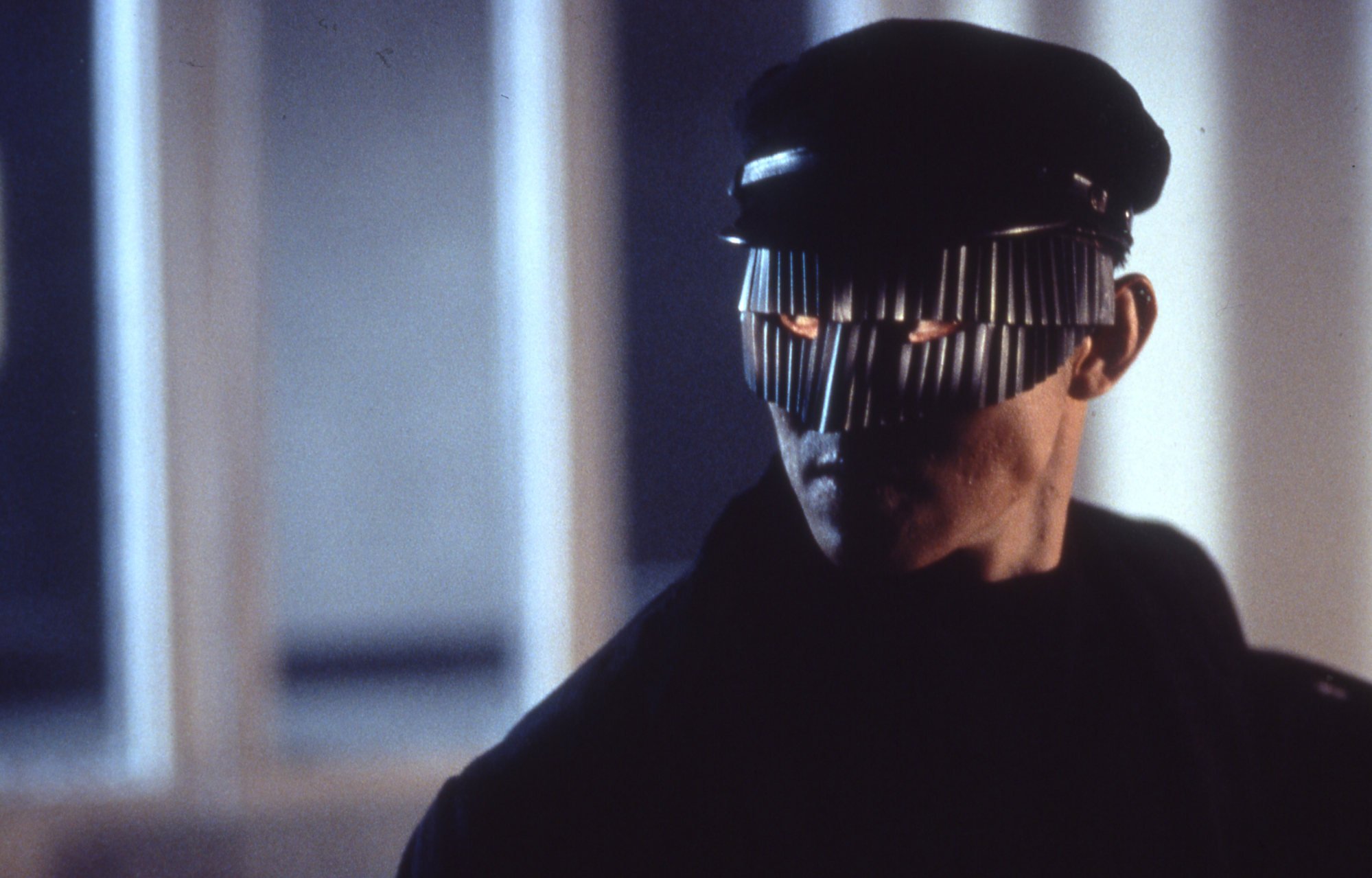
The intended Black Mask franchise did not materialise, although Tsui directed a sequel without Li – which is regarded as one of Tsui’s worst films.
3. Hitman (1998)
Li plays a scruffy hitman from mainland China who really hates killing – so much so that he even saves one of his intended victims, and shoots a fellow hitman instead.
Although Li’s hitman is simply too nice to be true, the film is elevated by his relationship with his scheming and broke con man manager, played by Eric Tsang Chi-wai. There is real comic chemistry between the two, and their constant exchanges and misunderstanding are truly amusing.
“Although the plot does break down a bit, there is still the pleasant give-and-take between Tsang and Li, one of the most distinctive screen teams since Danny DeVito and Arnold Schwarzenegger (similarity alluded to in Hitman),” said the Post review, referring to the Schwarzenegger/DeVito pairing in the popular 1988 comedy Twins.
The story is above average. When an ageing Japanese crime boss is killed by an assassin known as the King of Killers, his crime organisation launches a competition to track down his murderer. Numerous hitmen compete against each other to win a huge cash prize. Meanwhile, the crime boss’s vicious yakuza son wants to avenge his father himself.
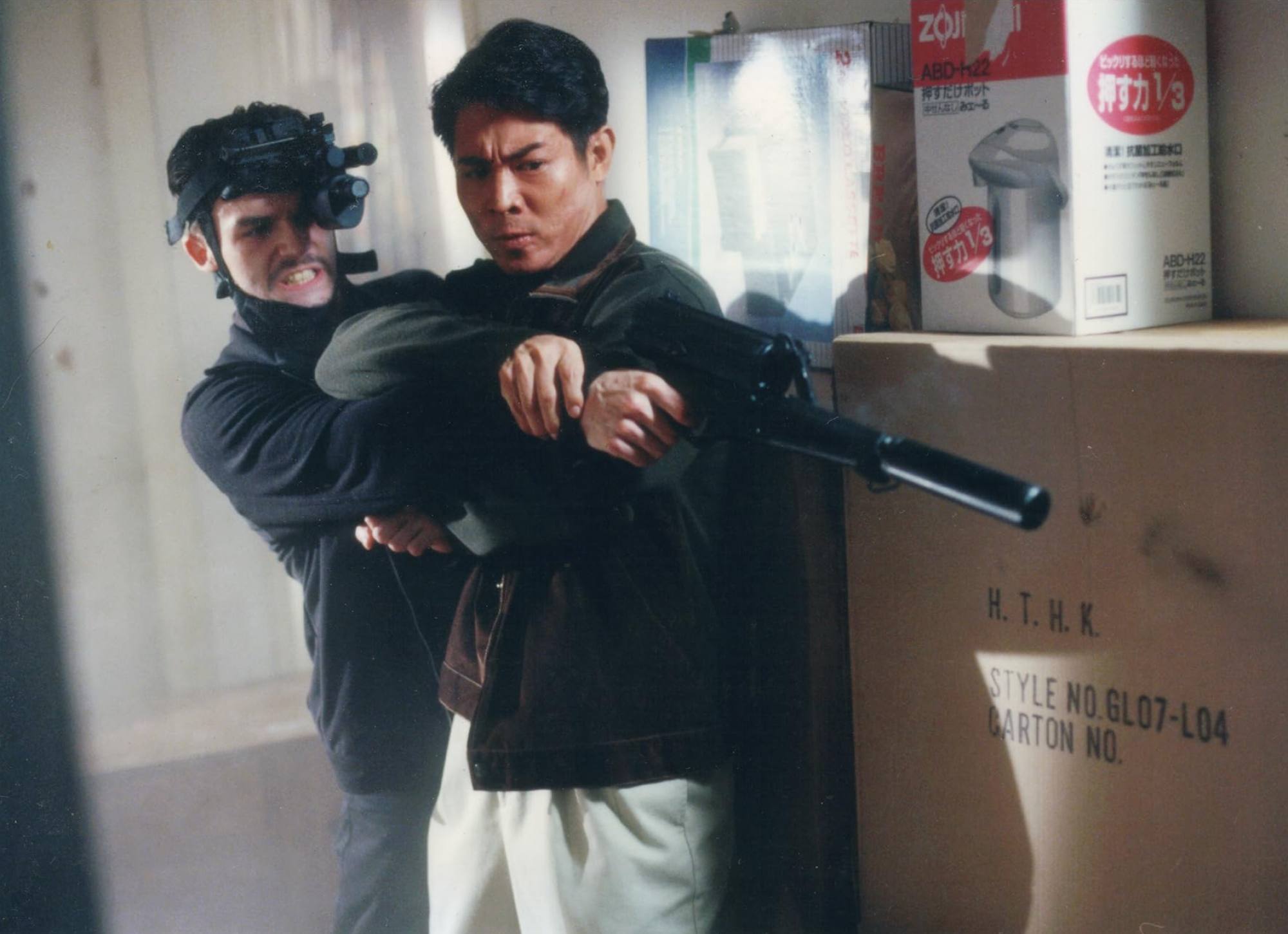
Li and his boss Tsang seem like the underdogs, but no one has taken account of Li’s incredible martial arts skills. Much of the action is “gun fu” – Li’s wushu skills are showcased less than usual – but Tung makes sure the fights are serious, effective and highly enjoyable.
“The Hong Kong film industry may be on its last legs, but pictures like Hitman show it is not going down without a fight,” said the Post review.
In this regular feature series on the best of Hong Kong cinema, we examine the legacy of classic films, re-evaluate the careers of its greatest stars, and revisit some of the lesser-known aspects of the beloved industry.

